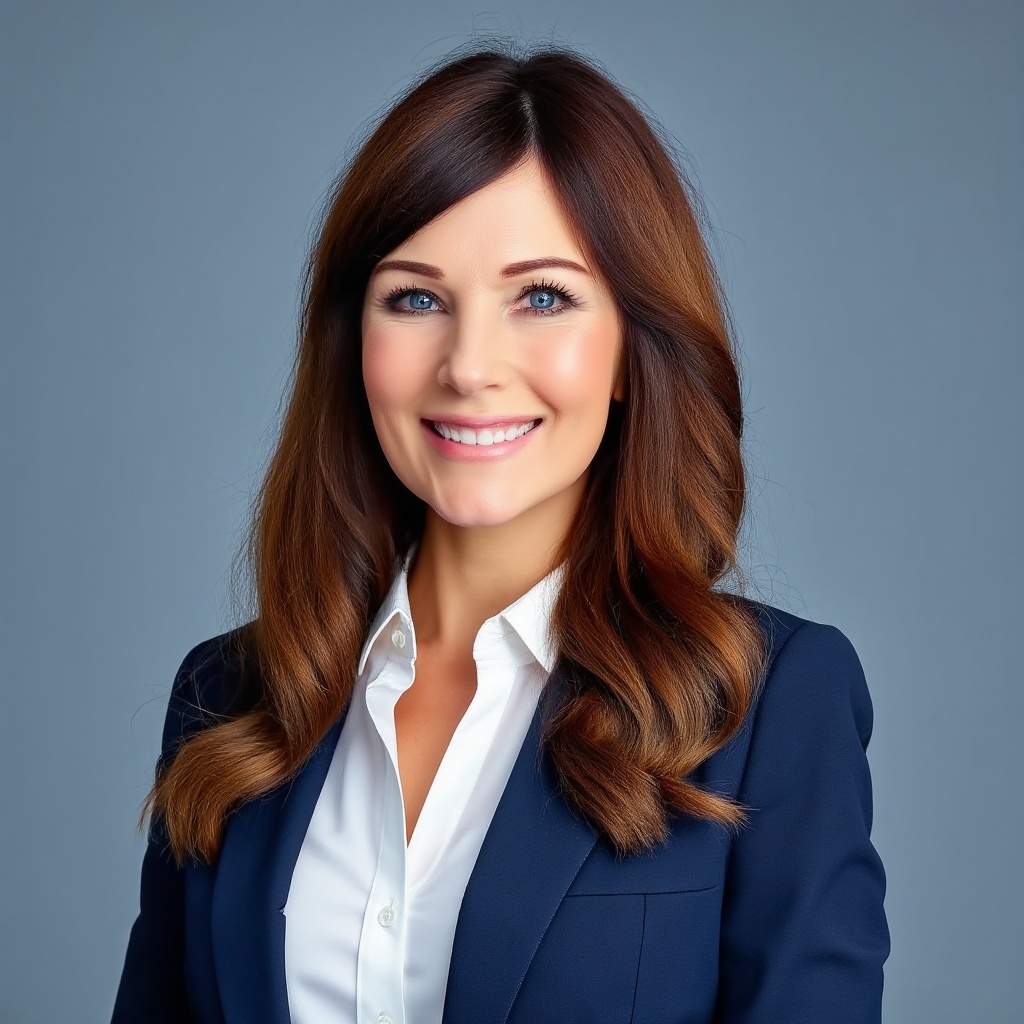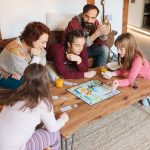Let’s take a moment to reflect on how our approach to emotional and psychological healing has evolved.
In the early days, only medical doctors were permitted to “treat” patients. Their interventions included invasive procedures such as lobotomies and electroconvulsive therapy—methods now understood to be harmful. In the 1880s, the formal study of psychology emerged as a science.
As the field progressed, clinical psychologists were granted the ability to treat patients, much to the dismay of some medical doctors. These professionals primarily relied on talk therapy and somatic techniques. The 1930s brought new understanding, especially as veterans returned from war exhibiting similar symptoms—what was then labeled “mental infirmity,” often seen as a character flaw rather than a response to trauma. The development of cognitive-behavioral therapy (CBT) laid a foundation, and later, dialectical behavior therapy (DBT) in the 1990s advanced the field further with its action-oriented approach.
By the 1980s, life coaching emerged as another modality, prompting concern among some in the clinical community. Coaches work through actionable strategies and tangible, evidence-based tools, operating on the premise that all humans possess maladaptive patterns that can be reshaped—without requiring a clinical diagnosis.
Today, we recognize a profound truth: individuals are their own most powerful agents of change. With access to psychiatry, psychology, professional coaching, and self-guided learning, people can now craft their own paths toward healing and growth. The internet has democratized knowledge once held tightly within clinical and academic circles. We now understand far more about how the brain and body respond to trauma—and the many viable routes toward wholeness.
Galileo reminds us that all learning is ultimately self-directed. We change when the discomfort of staying the same outweighs the discomfort of transformation. No one can do this work for us—it is a personal journey. But if we choose to invite a guide, we alone can decide who that guide will be.
Although I hold a Ph.D. in psychology, I believe degrees alone do not qualify someone to facilitate lasting transformation. The true power lies in a combination of lived experience, an innate or cultivated gift for helping others, and a deep understanding of how the brain and body work. To dismiss the contribution of someone without a credential—but who may hold great wisdom and skill—is both shortsighted and potentially harmful.
I’ve seen firsthand the damage that can be done by professionals operating under the banner of psychiatry or clinical psychology—especially when a child is handed a diagnosis and a prescription after a 15-minute consultation, leaving well-meaning parents overwhelmed and unsure. I’ve also seen many practitioners charge thousands of dollars without offering any meaningful support. Over the past 20 years, much of my work has involved helping families navigate these systems and, where appropriate, reduce or eliminate dependence on medications.
As a human being, a professional with three decades of experience, and a mother of five grown children, I offer this reflection: the most important step in seeking care is doing your due diligence. Each of us has the power to create our own map to healing, integrating wisdom from multiple sources along the way.







